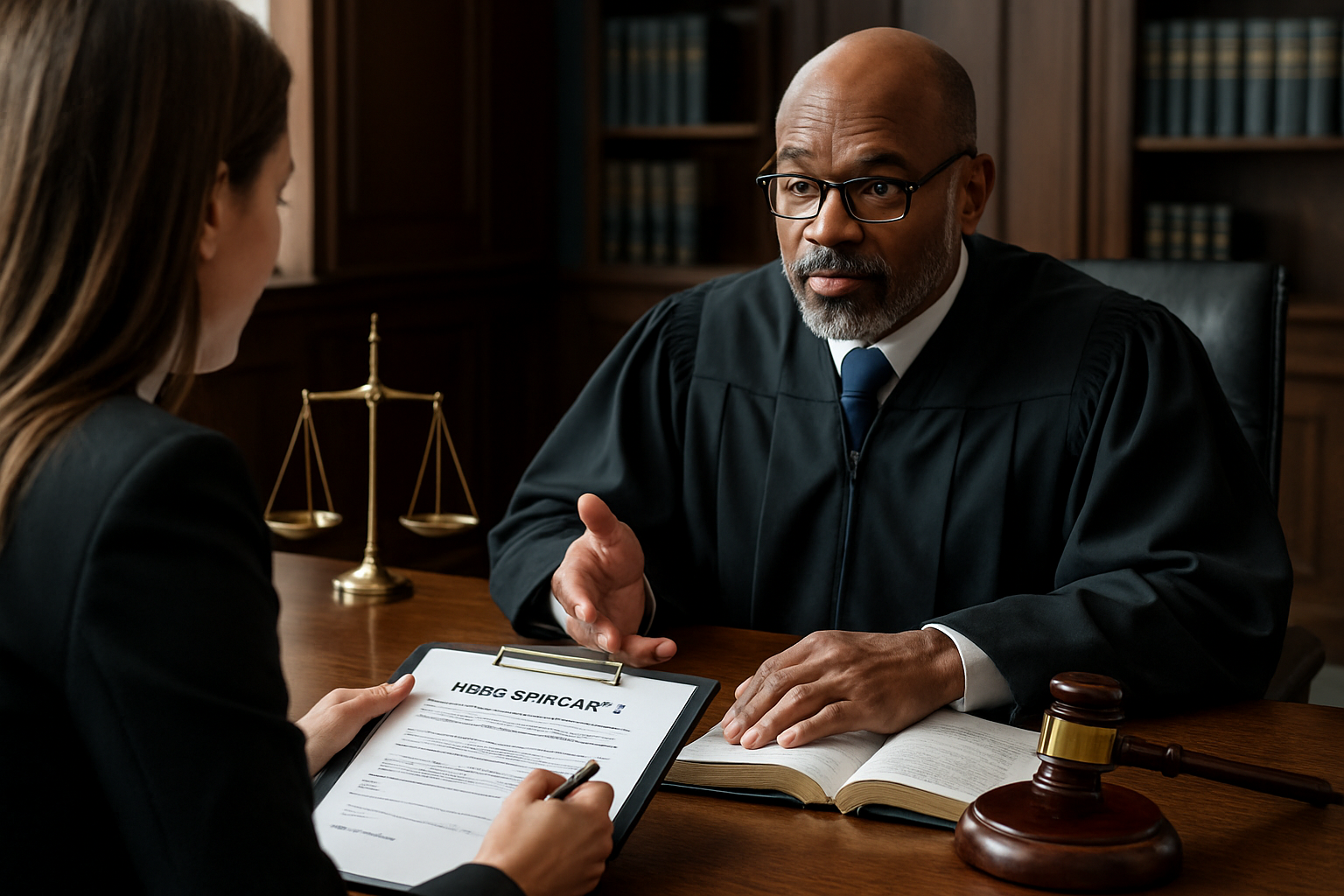A Practical Guide to Finding Free Legal Support Through Pro Bono Lawyers
For individuals facing legal challenges without the means to afford representation, pro bono lawyers play a vital role in making justice accessible. This guide explores how volunteer legal professionals support people dealing with complex areas such as immigration and family law—offering trusted resources and practical pathways to free legal help in Frankfurt am Main and beyond.

What are pro bono legal services and who qualifies?
Pro bono legal services refer to free legal assistance provided by lawyers who volunteer their time and expertise to help individuals who cannot afford to pay for legal representation. These services are typically available to low-income individuals, non-profit organizations, and cases of significant public interest. Eligibility criteria may vary depending on the organization or program, but generally, pro bono services target those who fall below a certain income threshold or face particular hardships [1].
How can I find free legal advice in my area?
Finding free legal advice in your local area often starts with contacting your state or local bar association. Many bar associations maintain directories of pro bono lawyers and legal aid organizations. Additionally, legal aid societies, law school clinics, and community organizations often provide free legal consultations or clinics. Online resources such as LawHelp.org and the American Bar Association’s Pro Bono Resource Center can also help connect you with local free legal services [1].
What types of cases do pro bono lawyers typically handle?
Pro bono lawyers handle a wide range of legal issues, focusing primarily on areas that affect vulnerable populations. Common types of cases include:
-
Family law (divorce, child custody, domestic violence)
-
Housing issues (evictions, landlord-tenant disputes)
-
Consumer protection
-
Immigration legal support
-
Civil rights
-
Public benefits
-
Employment law
While criminal cases are less common in pro bono work, some organizations do offer assistance for minor criminal matters or post-conviction relief [1].
How does immigration legal support work through pro bono services?
Immigration legal support through pro bono services is particularly crucial given the complexity of immigration law and the high stakes involved for individuals and families. Pro bono immigration lawyers assist with various matters, including:
-
Asylum applications
-
Deportation defense
-
Family-based petitions
-
Naturalization processes
-
Visa applications
Organizations like the American Immigration Lawyers Association (AILA) and Immigrant Justice Corps connect immigrants with pro bono attorneys specializing in immigration law. Many non-profit organizations also focus specifically on providing free immigration legal services to underserved communities [1].
What are some unique resources for finding legal aid help?
In addition to traditional pro bono services, several unique resources exist for finding legal aid help:
-
Online legal clinics: Virtual platforms where volunteer lawyers provide brief advice sessions.
-
Court-based self-help centers: Many courthouses offer free assistance with paperwork and basic legal information.
-
Law libraries: Public law libraries often provide access to legal resources and sometimes offer clinics or workshops.
-
Community organizations: Some non-profit groups focus on specific demographics or legal issues, offering targeted support.
-
Pro se (self-representation) assistance: Programs that help individuals navigate the legal system without full representation.
These resources can be particularly valuable for those who may not qualify for full pro bono representation but still need legal guidance [1].
How do I prepare for a meeting with a pro bono lawyer?
When meeting with a pro bono lawyer, preparation is key to making the most of the limited time available. Here are some steps to take:
-
Gather all relevant documents related to your case.
-
Write a clear, concise summary of your legal issue.
-
Prepare a list of specific questions you want to ask.
-
Be honest and upfront about all aspects of your situation.
-
Take notes during the meeting.
-
Ask about next steps and any actions you need to take.
Remember that pro bono lawyers often have limited time, so being organized and focused can help ensure you receive the most effective assistance possible [1].
In conclusion, pro bono legal services and legal aid help are vital resources for those seeking justice but facing financial barriers. By understanding how to access these services and preparing effectively, individuals can navigate complex legal issues with professional support. Whether seeking immigration legal support or assistance with other legal matters, the pathways to free legal advice are diverse and accessible to those in need.
Sources:
- https://www.probono.net/oppsguide/




